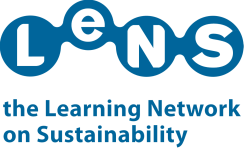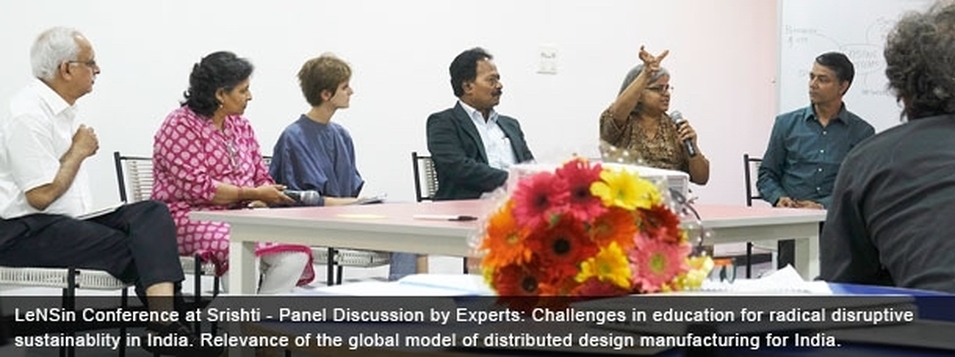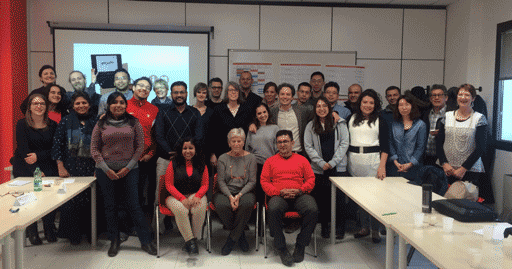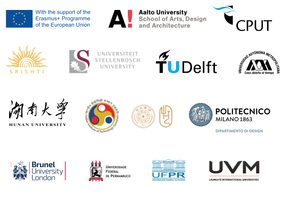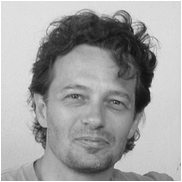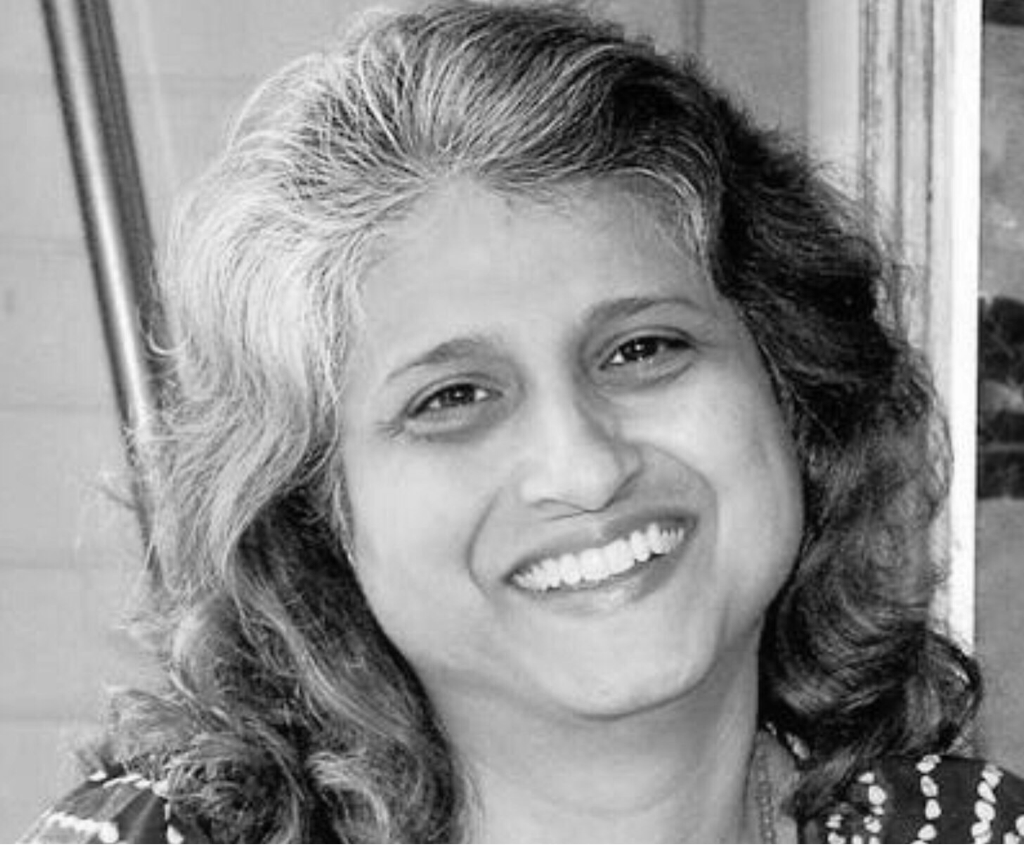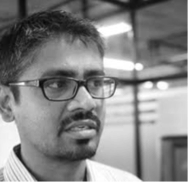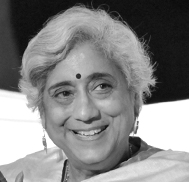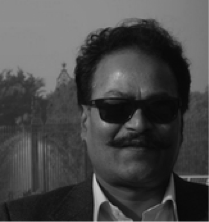-
Overview
-
What is LeNSin?
-
Current Understanding
<
>
|
LeNSin (The International Learning Network of networks on Sustainability (http://www.lens-international.org)is an EU-supported (ERASMUS+) project involving 36 universities from Europe, Asia, Africa, South America and Central America, aiming at the promotion of a new generation of designers (and design educators) capable of effectively contributing to the transition towards a sustainable society for all.
Srishti School of Art, Design and Technology, Bengaluru and Indian Institute of Technology, Guwahati as participating institutes from India, are organising a Seminar on Sustainable Product Service System Design under the aegis of LeNSin. The Seminar will have faculty participating from Politecnico di Milano, Italy and Brunel University London, UK as project leads and will host 50 participants by invitation from industry, academia,NGOs, entrepreneurs and government representatives. We are looking to explore the concepts of Distributed Design and Distributed Manufacturing in Sustainable PSS design. The deliberations during the two day event will be supported with case studies from the experts and would be transformed into pedagogic inputs. The broad thematic areas on which the discussions will focus include Education, Healthcare and Livelihoods. We are approaching leaders / Researchers working in the thematic domains who can share their experiences of the Indian context. |
Seminar
10 - 11th November 2016 Venue
Srishti Institute of Art, Design & Technology Studio Campus (N5)CA Site No. 21, 5th Phase, KHB Colony, Yelahanka New Town, Bangalore - 560 064 |
|
Learning Network on Sustainability International
The LeNSin project aims at the internationalization, intercultural cross-fertilization and accessibility of higher education by consolidating and empowering a global network called the Learning Network on Sustainability. This network is composed of 6 existing, functioning regional networks (14 HEIs in 5 partner countries and 4 European HEIs): LeNS_Brasil, LeNS_Mexico; LeNS_South Africa, LeNS_China, LeNS_India and LeNS_Europe. The project stresses curriculum development in the field of Design for Sustainability (DfS) focused on Sustainable Product-Service Systems (S.PSS) and Distributed Economies (DE), both known as promising models to couple environmental protection with social equity/cohesion and economic prosperity. LeNSin fosters capacity building in each region through 5 Seminars and 10 Curricular Courses, designed and implemented by the Partner countries’ and European HEIs in close collaboration and involving local companies/NGOs/institutions. The two supporting structures of the project are:- The distributed Open Learning E-Platform (d.OLEP): a decentralized web platform enabling distributed production&transfer of knowledge, adopting a learning-by-sharing mechanism with an open©left ethos. It is a repository of learning resources (slide shows, video, audio, texts, etc.) and tools that any teacher can download for free and reuse and adapt to contextual conditions. A set of labs (LeNS_labs) that: support students, teachers, researchers and local stakeholders with DfS tools and resources; host the d.OLEP with regionally developed resources and tools; and act as hubs connecting all LeNS_labs with local and global HEIs and companies/NGOs/institutions in a multipolar scheme. The d.OLEP and the labs will remain after the project end to ensure endurance of the action.An international “Decentralized Conference” (5 simultaneous national Conferences in the Partner countries and 1 in Europe) and a Students’ Design Award further disseminate the project results. |
To know more
|
Distributed Design
‘A Distributed Design (DD) system is an open design project where small-scale design unit (e.g. one person/computer), individuals, small businesses and/or local community are connected with others contributing to the overall design or to local adaptations.’
Distributed Manufacturing
‘A Distributed manufacturing or distributed products system is a small-scale production plants (such as 3D printers)’, at or near the point of use, where users, who may be individuals, small businesses and/or local community, are the producers.’
These DD/DM systems can be connected with other similar Distributed Economies (DE) networks (e.g. for sharing surplus energy) to form a larger local or national network on DE.
Distributed Economics
Distributed Economies (DE) could be defined as a network of small-scale production plants, at or near the point of use, where the users are the producers – whether individuals, small businesses and/or a local community. If the small-scale production plants are also connected with each other to share various forms of resources (physical and human knowledge-based ones, e.g. to share the energy surplus), they become a Locally Distributed Production Network, which may in turn be connected with nearby similar networks.
Sustainable Product Service System Design
SPSS in literature has been defined as; “ an offer model providing an integrated mix of products and services that are together able to fulfil a particular customer demand (to deliver a “unit of satisfaction”), based on innovative interactions between the stakeholders of the value production system (satisfaction system), where the economic and competitive interest of the providers continuously seeks environmentally beneficial new solutions”.
‘A Distributed Design (DD) system is an open design project where small-scale design unit (e.g. one person/computer), individuals, small businesses and/or local community are connected with others contributing to the overall design or to local adaptations.’
Distributed Manufacturing
‘A Distributed manufacturing or distributed products system is a small-scale production plants (such as 3D printers)’, at or near the point of use, where users, who may be individuals, small businesses and/or local community, are the producers.’
These DD/DM systems can be connected with other similar Distributed Economies (DE) networks (e.g. for sharing surplus energy) to form a larger local or national network on DE.
Distributed Economics
Distributed Economies (DE) could be defined as a network of small-scale production plants, at or near the point of use, where the users are the producers – whether individuals, small businesses and/or a local community. If the small-scale production plants are also connected with each other to share various forms of resources (physical and human knowledge-based ones, e.g. to share the energy surplus), they become a Locally Distributed Production Network, which may in turn be connected with nearby similar networks.
Sustainable Product Service System Design
SPSS in literature has been defined as; “ an offer model providing an integrated mix of products and services that are together able to fulfil a particular customer demand (to deliver a “unit of satisfaction”), based on innovative interactions between the stakeholders of the value production system (satisfaction system), where the economic and competitive interest of the providers continuously seeks environmentally beneficial new solutions”.
Keynote Speakers
|
Carlo Vezzoli
Professor, Politecnico di Milano University, Italy
|
Neelam Chhiber
Co-founder and Managing Trustee, Industree Foundation
|
Naveen Bagalkot
Faculty and Researcher, Srishti Institute of Art, Design and Technology
|
Geetha Narayanan
Founder Director of Srishti Institute of Art Design & Technology; Principal Investigator of Project Vision, a Director’s Fellow at the Media Lab, MIT, USA and a visiting faculty at the Future of Learning Institute at Harvard Graduate School of Education USA
|
Organised By
In co-ordination with
